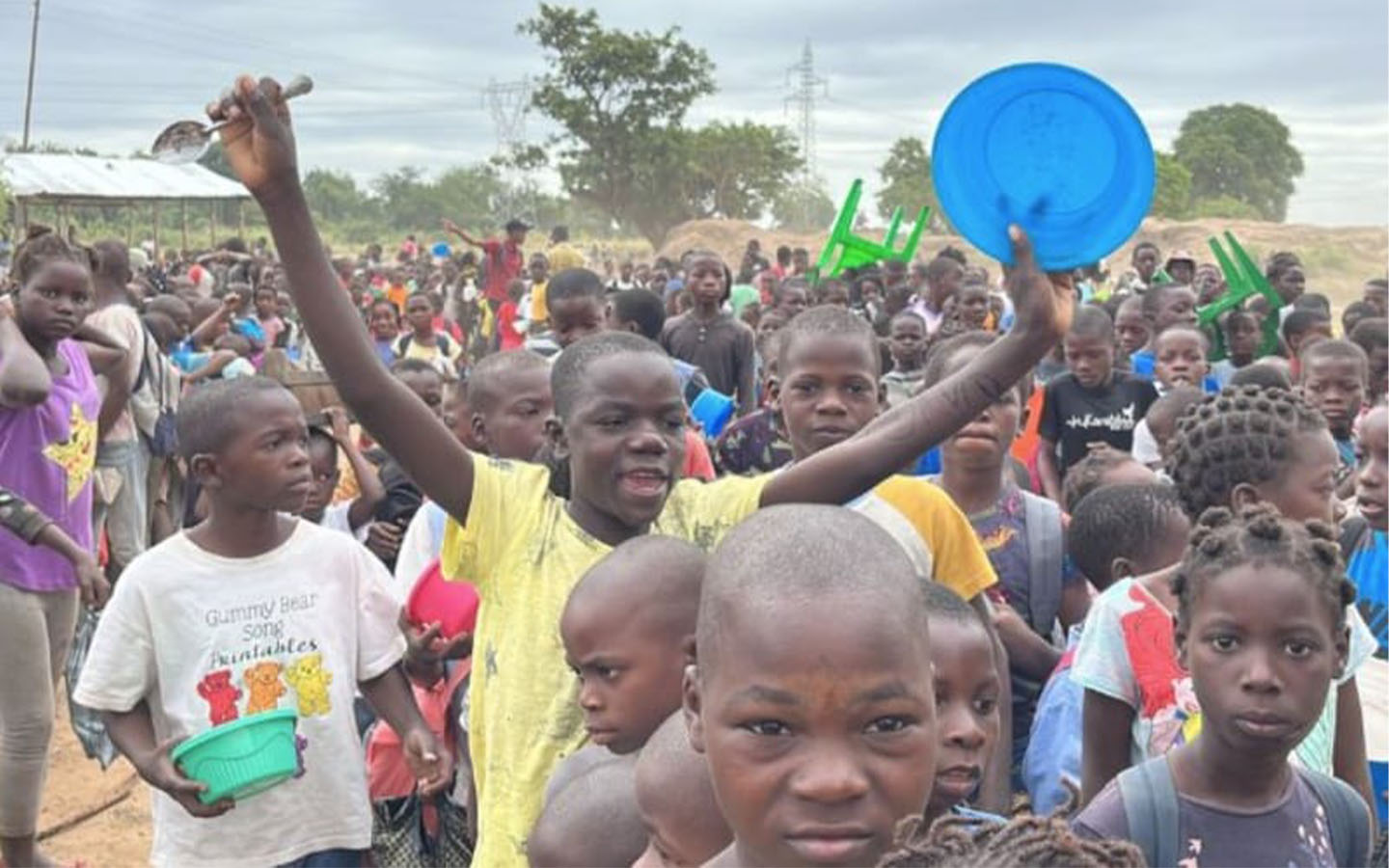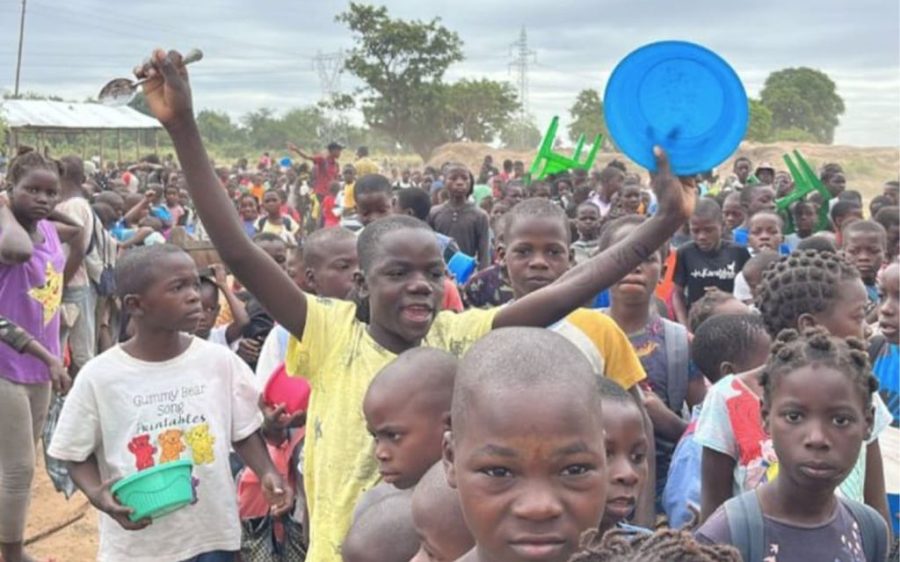Buddhist charitable organisation Tzu Chi Foundation is marking a milestone in its Mozambique nutritional programme as the country unveils a new government plan to slash malnutrition by 2030.
The foundation, an international humanitarian NGO based in Taiwan, announced Monday that its nutritional programme had helped over 2,000 malnourished children in the central province of Sofala since 2021, the Portuguese news agency Lusa reports.
The ongoing initiative operates in four districts, distributing fortified porridge and basic food baskets to children facing malnutrition and their families on a monthly basis.
“With this project, we aim to eliminate severe acute malnutrition, especially in this province. The province’s socioeconomic conditions currently limit nutrition, so we focus on reducing malnutrition,” Vannesia Figueiredo, coordinator of the Nutritional Rehabilitation Project at the Tzu Chi Mozambique Foundation, said in a statement.
In January of this year, the organisation extended its nutritional support to the capital city of Maputo, launching a six-month programme that has reached 332 households.
[See more: Acute hunger is persistently high in dozens of countries, and getting worse]
Mozambique’s government is also working to address the pressing issue of chronic child malnutrition, launching last month a new Food and Nutrition Security Policy and Strategy (known by the Portuguese acronym PESAN).
The initiative marks what UNICEF calls “a major milestone in the country’s fight against malnutrition.” It focuses on vulnerable groups like young children, adolescent girls and women of reproductive age with the aim of breaking the intergenerational cycle of malnutrition. It also takes an integrated multi-sectoral approach with calls for strategic investments in health, nutrition, water and sanitation, education, and social protection.
Mozambique has made progress in the last decade on reducing food insecurity and chronic malnutrition, especially among young children, according to a 2023 government press release.
The rate of chronic malnutrition in children under 5 years old dropped 6 percentage points between 2013 (43 percent) and 2023 (37 percent). This level is still considered very high compared to World Health Organisation (WHO) recommendations. With PESAN, Mozambique aims to slash rates even further in half the time, cutting 7 percentage points to hit 30 percent by 2030.
To mobilise the resources and investments necessary to meet their ambitious goals, officials have called on government entities, civil society, the private sector and academics to contribute to addressing the challenges posed to improve food and nutrition security.






